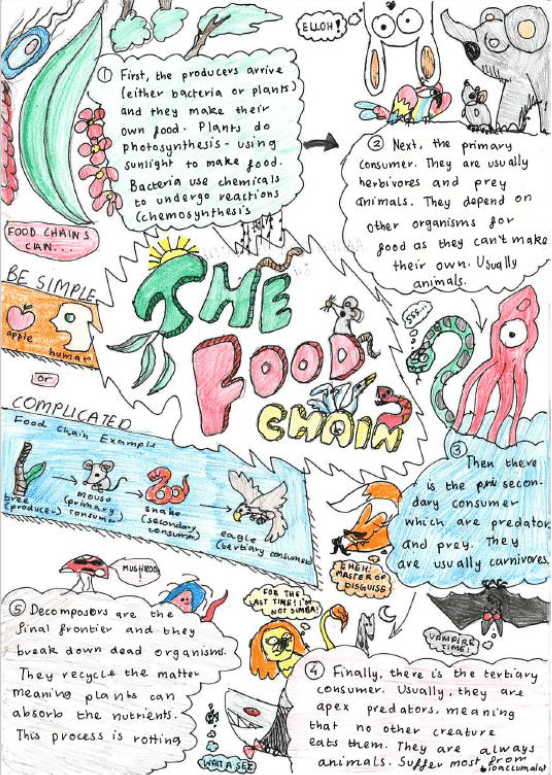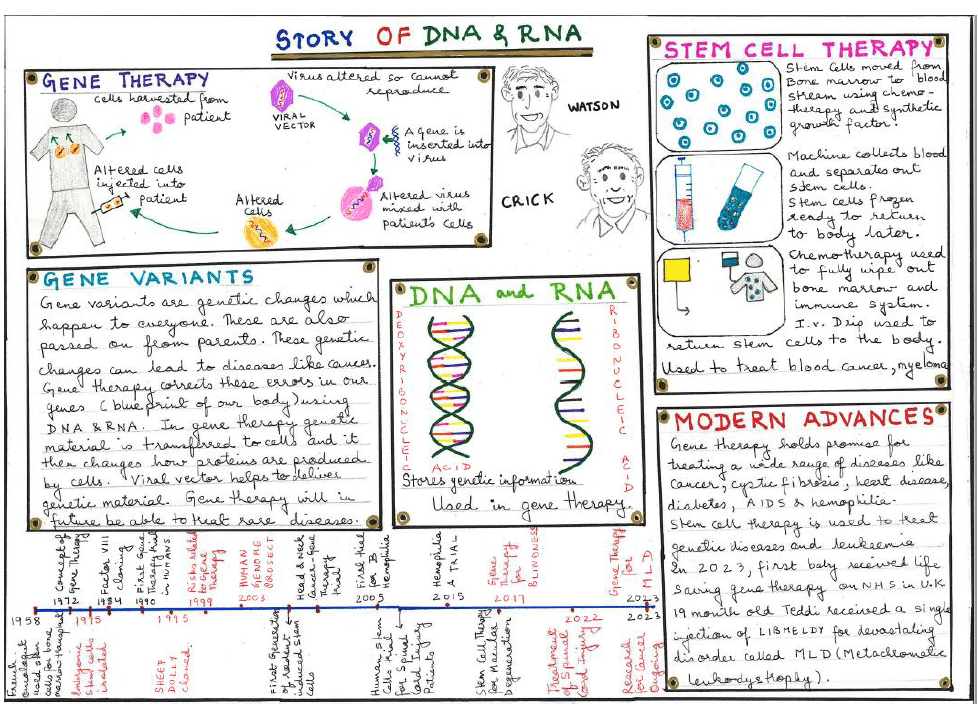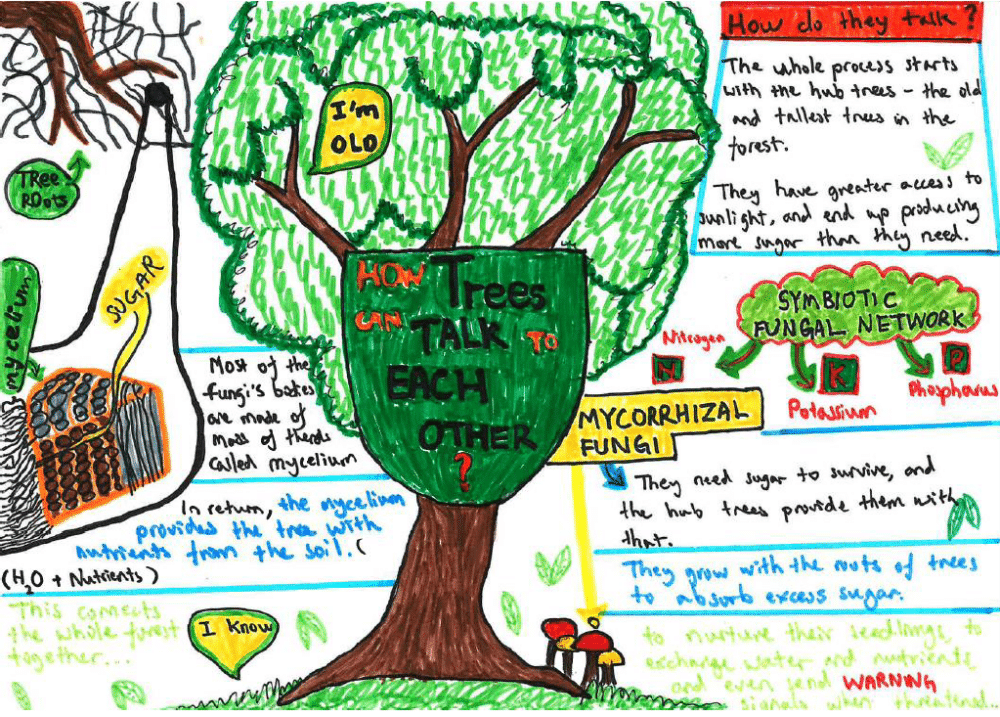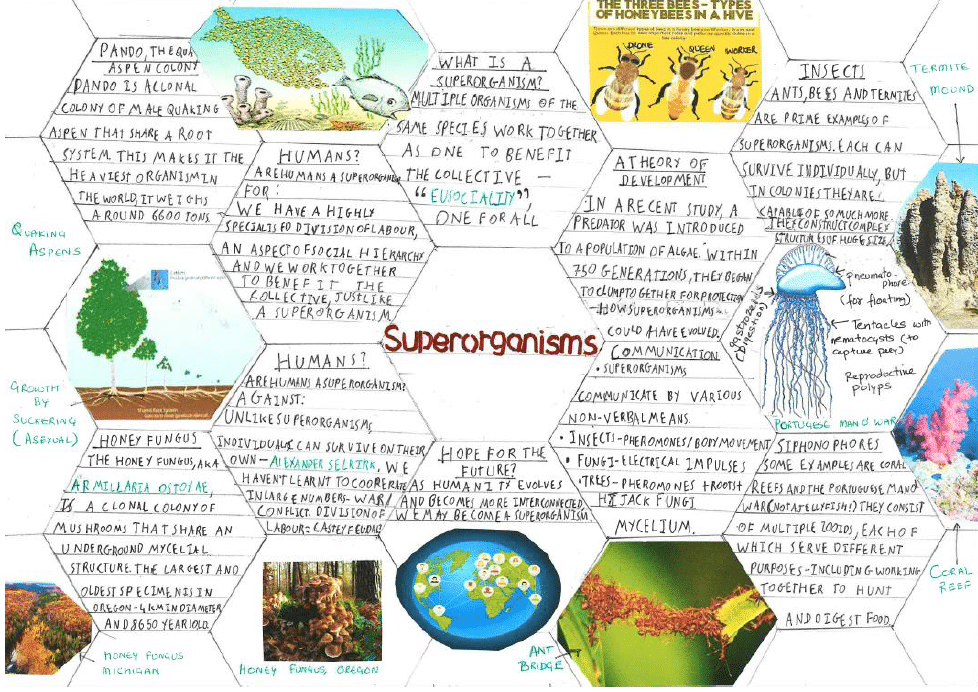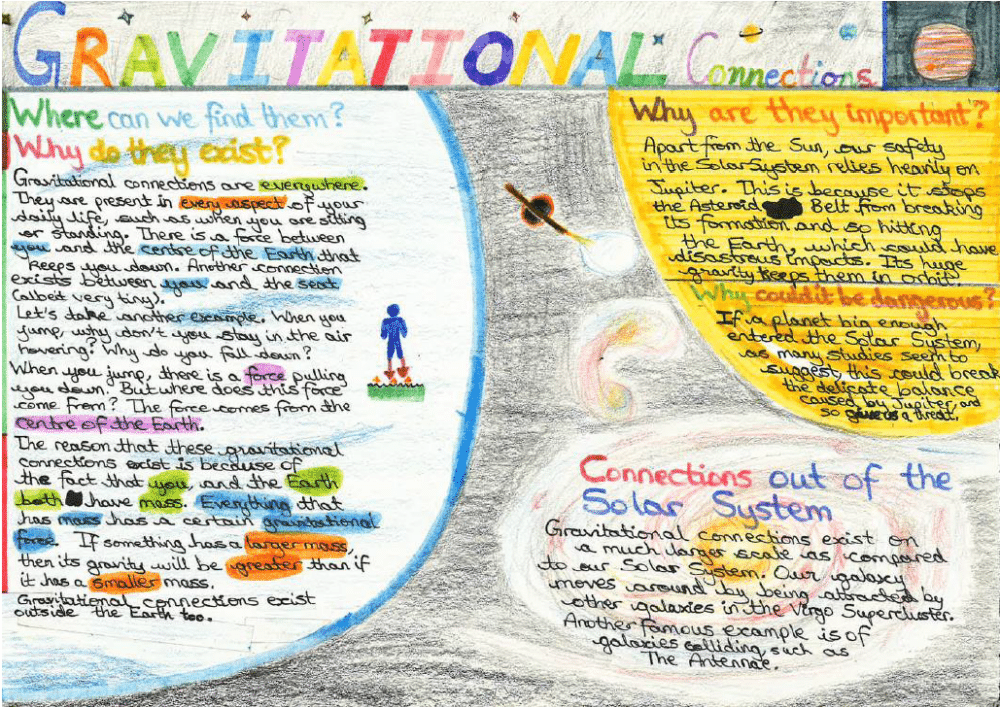Beating the armada but battered by bacteria! Anniversary Science festival takes boys back to Tudor times
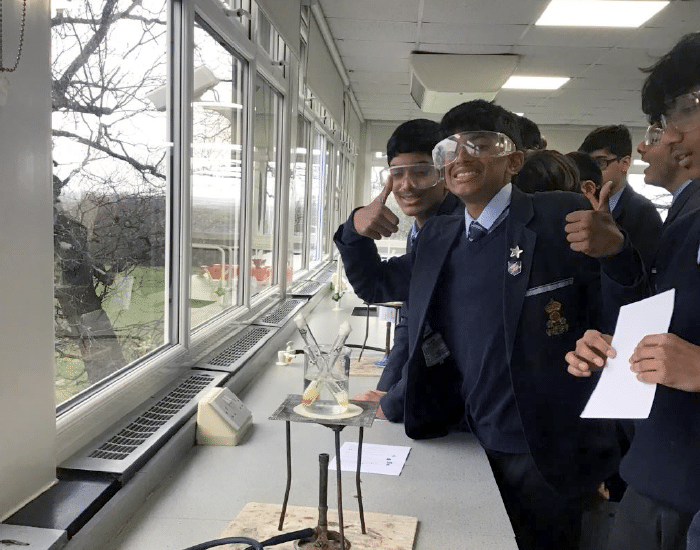
Pupils learned about the often grim – yet sometimes surprisingly positive – realities of life at the time the School was founded in 1573.
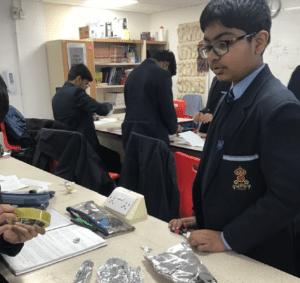 Year 8 boys conducted experiments to explore improvements in shipbuilding during Elizabeth I’s reign, to show how food was preserved in an age before refrigeration and to make their own Tudor-style soap.
Year 8 boys conducted experiments to explore improvements in shipbuilding during Elizabeth I’s reign, to show how food was preserved in an age before refrigeration and to make their own Tudor-style soap.
The 450th anniversary Science festival also featured a poster competition open to Years 7–9, while Year 12 Biology students enjoyed some cutting-edge lectures and demonstrations at a Biology in Action day in London.
The Science festival was one of a number being run by academic departments under QE’s new Flourish extra-curricular programme.
Assistant Head Crispin Bonham-Carter (Pupil Involvement), who leads Flourish, said: “Subject festivals are a great way to stimulate boys’ academic curiosity by exploring topics outside the normal run of the curriculum.
“It is fascinating to see how my colleagues in the Science department have used the occasion of the anniversary to take a practical look at a diverse set of Science-related topics, to stimulate boys’ artistic creativity, and even to challenge one or two false beliefs about the Tudor age.”
The Year 8 boys carried out their experiments in a series of special workshops in their Biology, Chemistry and Physics lessons. They produced, said Head of Biology Gillian Ridge, some “fantastic work”.
One set of experiments focused on the challenges of keeping food safe in an age before modern refrigeration.
The boys grew bacteria on agar plates in different conditions to find out which preservation methods worked best. Agar plates are Petri dishes that contains a growth medium solidified with agar; they are used to culture microorganisms.
In their illustrated report on their experiments, Year 8 pupils Rishan Virmani and Sathvik Velan noted that they had “learned about the lack of hygiene awareness within Tudor society, and that biology and self-preservation [were not] important”.
The boys also found out about soap in the Tudor period, learning that, contrary to popular belief, it would have been used in every household, regardless of status or wealth.
After instruction in the principles of saponification – the chemical process of making soap – pupils tried their hand at making their own.
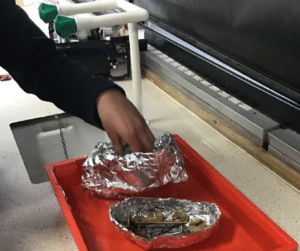 Another hands-on session involved making model boats out of aluminium foil to see which boat shape could hold the most mass. The boys learned that innovations by shipwrights during Elizabeth I’s reign allowed the introduction of ships that were faster, more manoeuvrable and carried heavier guns. The superiority of English ships was an important factor of the defeat of the Spanish Armada invasion fleet in 1588.
Another hands-on session involved making model boats out of aluminium foil to see which boat shape could hold the most mass. The boys learned that innovations by shipwrights during Elizabeth I’s reign allowed the introduction of ships that were faster, more manoeuvrable and carried heavier guns. The superiority of English ships was an important factor of the defeat of the Spanish Armada invasion fleet in 1588.
After their trip to London, the A-level Biology students prepared presentations to share what they had learned with the rest of Year 12 and with Year 11.
The Lower School poster competition was judged according to three criteria:
- Creativity
- Content (being clear, accurate and informative about a STEM topic)
- Effective communication.
Year 8’s Aathi Jeyanth won the competition with his colourful look at the food chain, which included cartoon drawings of animals.
Click on the thumbnails below to see highlights of the poster competition. First is Aathi’s winning entry, followed by posters produced by: Aaryan Prabhaker, Year 7; Arihaant Venuraju, Year 7; Zhekai Mao, Year 7, and Akshaj Vyas, of Year 9.
Poster competition highlights
